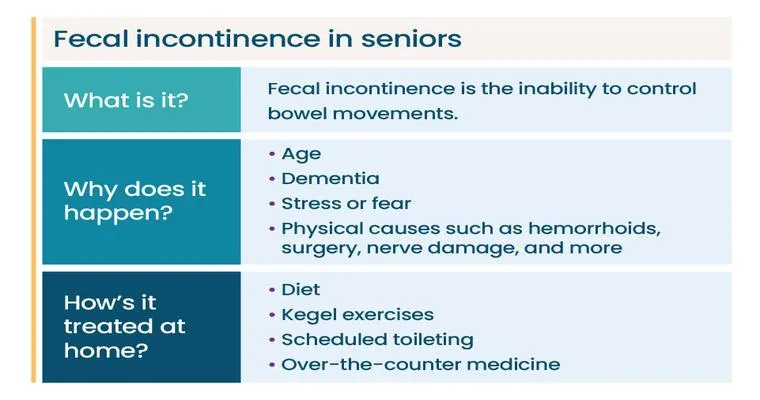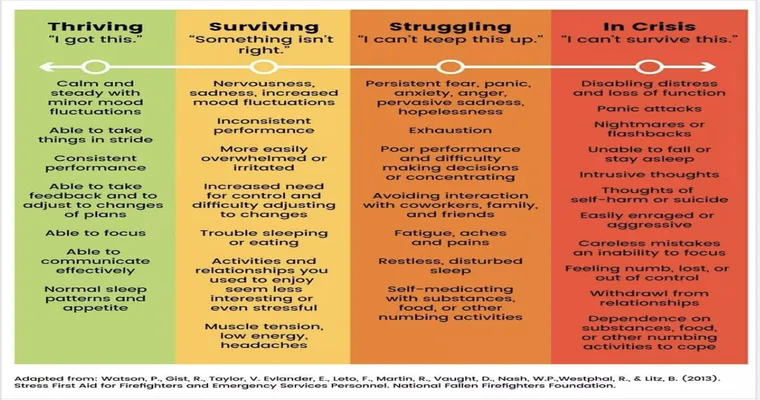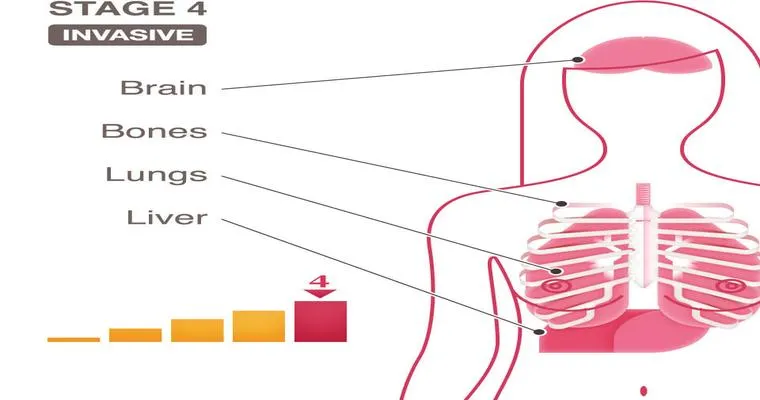In recent years, there has been a growing concern about "elders receiving colonoscopies" with "dangerous frequency". While colonoscopies are a crucial tool for detecting colorectal cancer, the necessity and appropriateness of these procedures for older adults have come under scrutiny. Many healthcare providers and families are grappling with the balance between ensuring the health of their elderly loved ones and avoiding unnecessary medical interventions that may pose risks.
The primary purpose of a colonoscopy is to identify abnormalities in the colon and rectum, such as "polyps" or signs of "cancer". For individuals over the age of 50, regular screenings are generally recommended as part of routine healthcare. However, the frequency of these procedures in the elderly demographic raises significant questions. Some studies suggest that many seniors are undergoing colonoscopies far more often than clinically indicated. This trend can be attributed to several factors, including "overdiagnosis", "insurance policies", and the "fear of potential health issues".
One of the main concerns with excessive colonoscopies in older adults is the potential for "complications". While the procedure is generally safe, risks such as "perforation", bleeding, and infections can increase with age. Seniors often have underlying health conditions or decreased physiological resilience, making them more vulnerable to the adverse effects of invasive procedures. As such, the decision to perform a colonoscopy must take into account not only the potential benefits but also the risks associated with the individual’s overall health and life expectancy.
Moreover, the emotional and financial burden of frequent colonoscopies cannot be overlooked. Many elderly patients find the process stressful and physically taxing. In addition, the costs associated with these procedures can accumulate, placing a strain on both the patients and the healthcare system. Understanding the guidelines for colorectal cancer screening is crucial for both patients and healthcare providers to avoid unnecessary procedures.
Healthcare professionals are encouraged to adopt a more tailored approach when recommending colonoscopies for older adults. It is essential to evaluate each patient's unique circumstances, including their medical history, family history of colorectal cancer, and overall health status. A shared decision-making process involving patients and their families can lead to more informed choices about screening frequency.
In conclusion, the trend of "elders getting colonoscopies with dangerous frequency" highlights a pressing issue within the healthcare system. While the importance of early detection in preventing colorectal cancer cannot be overstated, it is equally vital to ensure that the procedures are performed judiciously. A more cautious and personalized approach to screening can help protect our elderly population from unnecessary risks while still promoting their health and well-being. As we move forward, it is essential to raise awareness about this issue and advocate for better practices in colorectal cancer screening for older adults.





